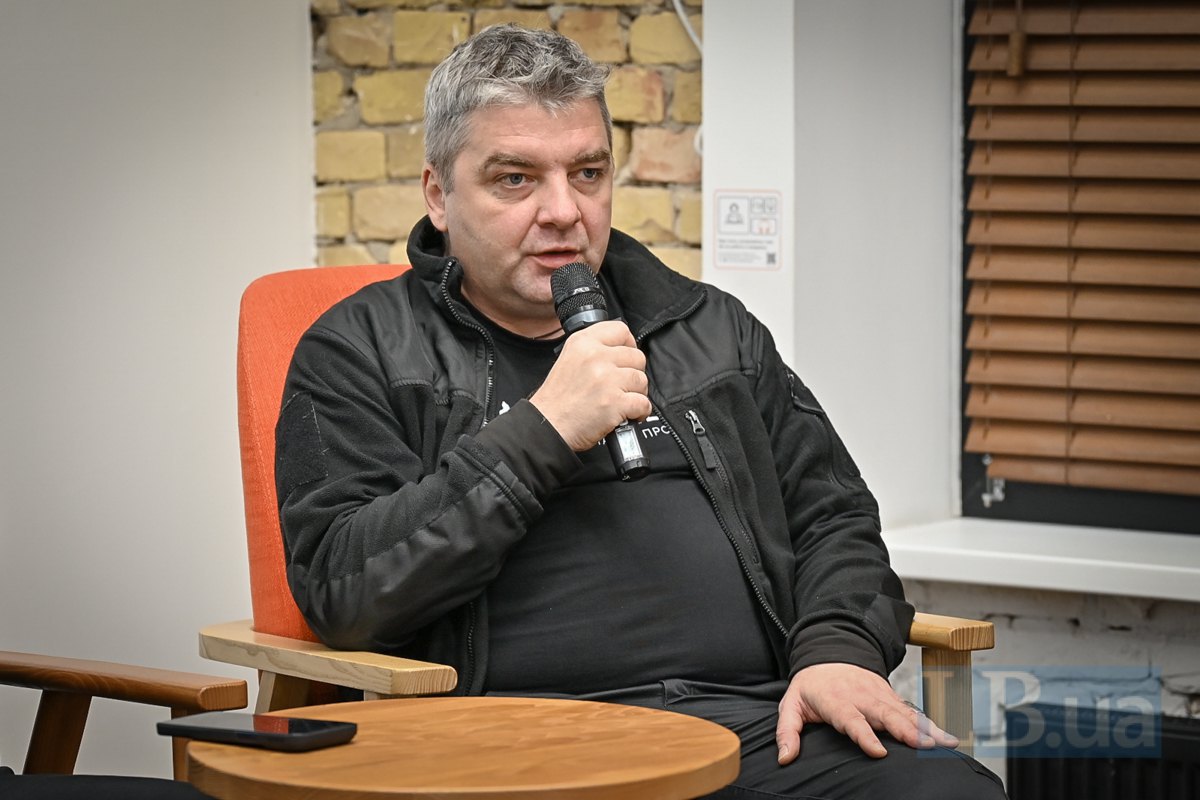
There are thousands of Ukrainian civilians in Russian captivity, says Maksym Butkevych. They are not referred to as prisoners of war, and there are no established mechanisms for their release, because Ukraine cannot exchange civilians for civilians, as Russia once proposed, or civilians for military personnel, notes the human rights activist, because then all residents of the occupied territories would become hostages: the Russian Federation would be able to "grab as many civilian hostages as it wants”.
But at the moment, we are talking about thousands of captured civilians. Some of them, according to the human rights activist, are being held incommunicado, meaning that there is no information about them; some have been sentenced by so-called occupation courts, mainly to various long prison terms for cooperating with the state of their citizenship, i.e. Ukraine.
"Among them are both people who did cooperate with the Ukrainian authorities and were convicted of 'espionage', 'terrorism' and similar offences from the point of view of the aggressor state, and people who did not commit the crimes they are accused of, but found themselves in the wrong place at the wrong time. Since almost all civilians in Russian captivity are tortured, everyone signs confessions, regardless of whether they did anything or not.
Often, after years of serving their imposed sentences, if they are lucky, they end up being exchanged. And for most of them, all their property, all their family ties, everything they had, their entire previous life, remained in the now-occupied territory. First of all, they are faced with the fact that they have to prove that their imprisonment was related to their pro-Ukrainian position. This is often not easy to do. No one goes to a Russian court and asks for information about why a person was convicted. It is not easy to find witnesses, so they often interview those who were detained together with them to clarify the circumstances. They obtain information from state structures, but this does not always help. However, if this happens, the person still receives compensation for being held captive.
In my opinion, the state currently provides former prisoners of war with insufficient, but more systematic and longer-term support than civilians who were held captive in Russia," the human rights activist noted.
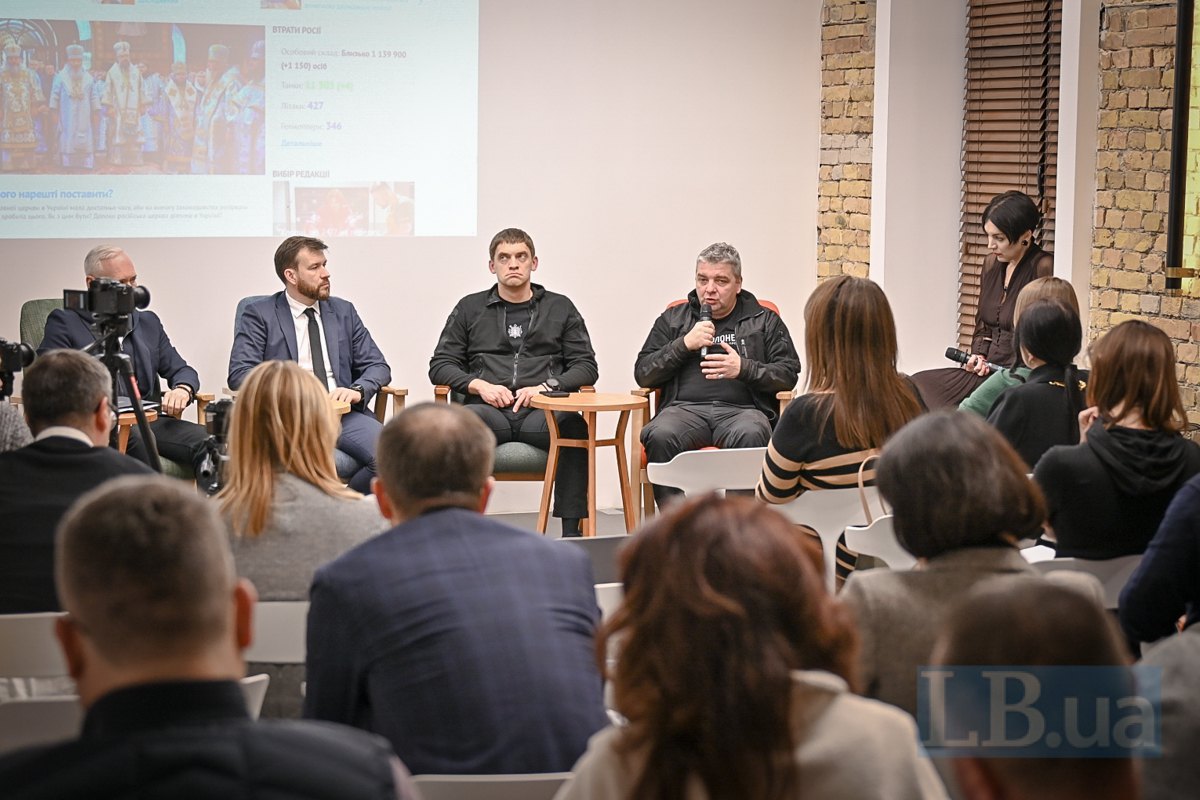
The first issue that those released from captivity face is housing, which is also crucial for internally displaced persons, prisoners of war, and military personnel from temporarily occupied territories.
"In general, the housing problem is currently the elephant in the room. It is something that is constantly present when we talk about social needs. And here the question is, to what extent can these people — with the current assistance of the state — secure stable housing solutions on the real estate market from private developers or, primarily using rental mechanisms? Many people believe that they cannot.
Perhaps it is worth considering the experience of other countries and turning to, I don't know, municipal or communal housing. When a person can rent housing not on the private market, but on a part of the market that is communal, and guarantee themselves a roof over their head. Without a roof over their head, there will be no employment, no retraining, no medical treatment, nothing at all," says the co-founder of the Zmina Human Rights Centre.
The next pressing issue, according to Butkevych, is retraining and professional reorientation. A person who worked in a mine will not find a mine when they arrive in Kyiv — they will need to undergo some kind of retraining. Furthermore, if relatives have managed to leave the occupied territories, the question arises of settling children, their education, medical care for everyone, and so on.
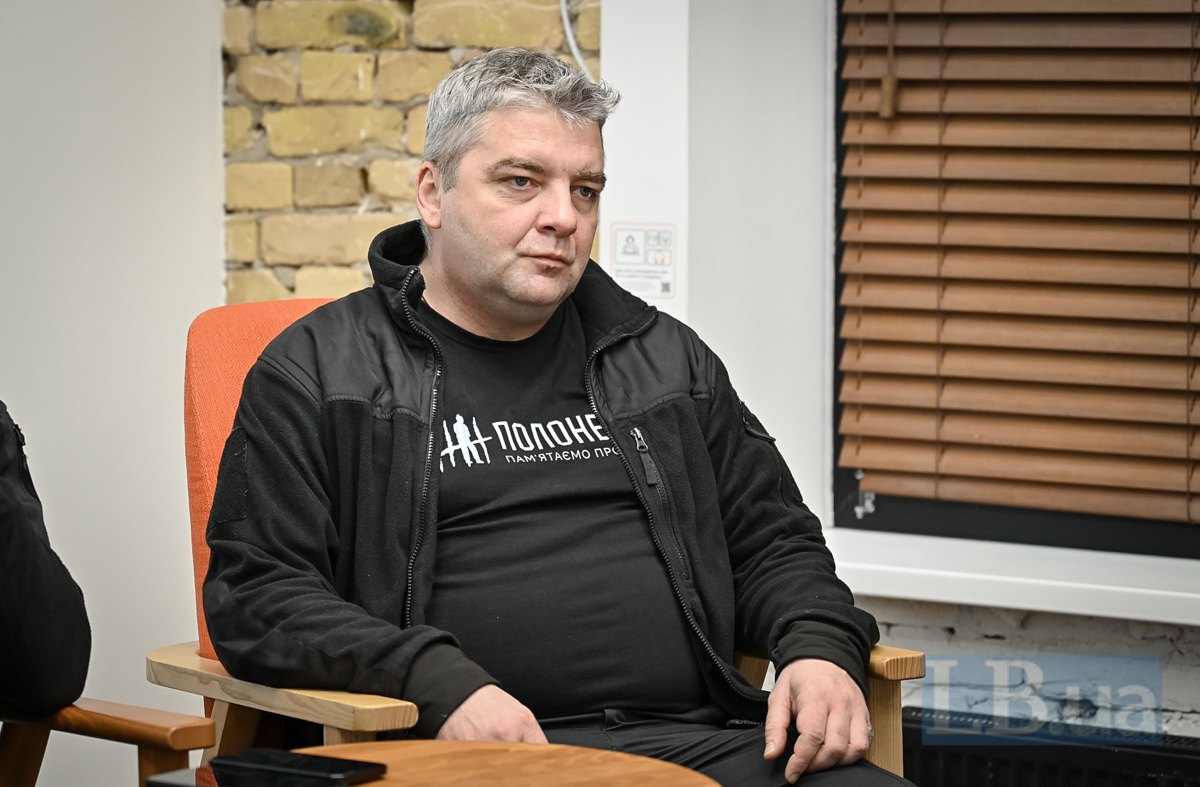
"As a prisoner of war and later as a so-called convict, I spent most of my time with other Ukrainian prisoners of war, and later in a mixed group that included Ukrainian prisoners of war and locals convicted of criminal offences in the occupied territory of Luhansk. In prison, in captivity, especially when there is nothing at all, people spend their time talking. And so the topic of social justice (of course, this phrase was not used literally) was the main topic of conversation.
They talked about medical care; about, to paraphrase, decent pay and labour rights, because most of the Ukrainian soldiers I was imprisoned with were not professional soldiers and never intended to be. These are mainly people who work with their hands, not only, of course, but they are builders, miners, drivers, farmers. Teachers too. All kinds of people. People with different life experiences, but all with a huge demand for social justice.
They aspire to return to a country that is not only better and independent, but also more just. This includes them, those who have gone through that life journey," said Maksym Butkevych.
And if we summarise these needs, it is a demand for decent living conditions. Therefore, today Ukraine faces an extremely difficult task, the human rights activist emphasises, to ensure a decent life for a huge number of people, including civilians, prisoners of war, IDPs, military personnel and veterans. No other country in the world has faced such a task in recent decades.
According to Maksym Butkevych, the current system of social support — giving everyone a little bit, maintaining non-market tariffs — is far from socially just and needs to be revised, otherwise social stratification will become even deeper.
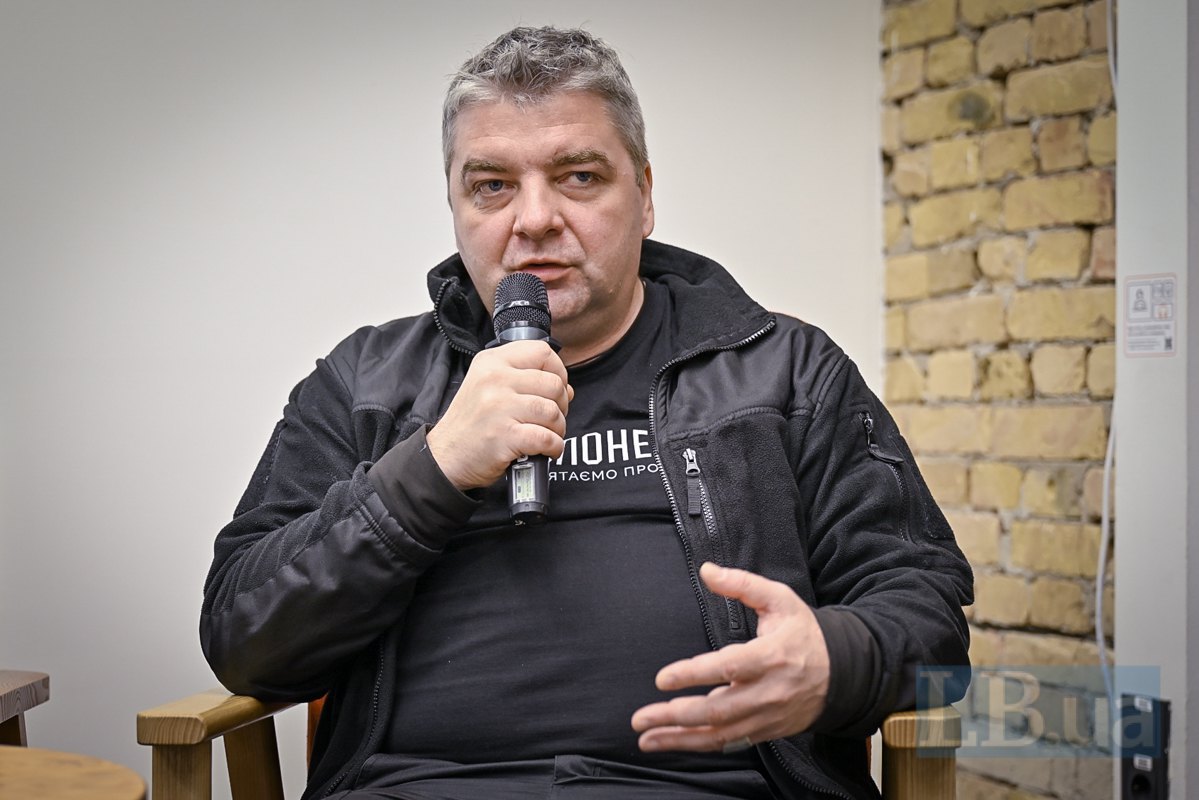
In addition, he notes that Russian propaganda actively exploits the issue of social injustice in Ukrainian society when putting pressure on Ukrainian prisoners of war.
"When we were captured and then ended up in the Luhansk pre-trial detention centre, we were interrogated constantly for the first couple of weeks. In addition to obtaining significant military information, most of these interrogations were aimed at convincing Ukrainian prisoners of war that they had made a mistake in going to defend Ukraine.
The more obtuse ones insisted that we share the Orthodox faith, are ‘one people’ and ‘one language’ — that's all. Considering that some of the guys were Greek Catholics, and some were generally sceptical about religion, this did not work.
But the smarter ones began to say, ‘Look at the gap between the rich and the poor, at the oligarchy, at the corruption; your state does not exist because you, the workers, farmers, drivers, builders, have nothing in it. You are simply a service force for those who really own the country, and when the war started, you were used as cannon fodder.’ I saw (it was unpleasant to see) that for some people this could work, because they began to think about it, analysing their previous life experience. Because from the point of view of guarantees of their rights, not only civil rights and freedoms, but also labour and economic rights, their experience with corruption, their life experience whispered that he [the Russian supervisor] might not be so wrong. Maybe he is right about something.
There was no one who would listen to this. But it worked much more. Why? Because all these people have a huge demand for social justice in its various forms, for respect for their dignity," said Maksym Butkevych.
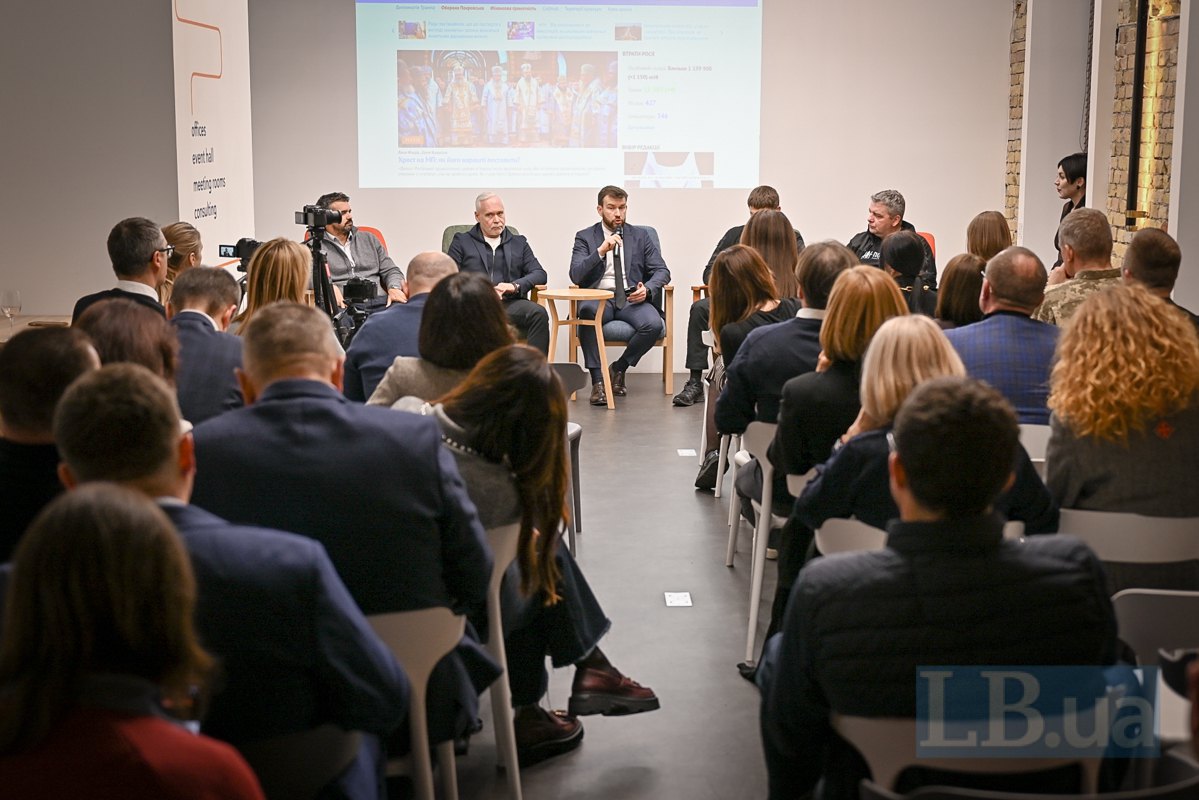
Every prisoner of war, the human rights activist emphasises, believes that when they return to Ukraine, for which they were captured, many of them wounded, they will have the opportunity to live a dignified life and do something to ensure a dignified life for their children. Therefore, the concept of social justice, Butkevych emphasises, including justice for military personnel, is a security concept.
"We do not have a dichotomy: either we survive as a state and therefore have to support the military, or we will pay more attention to social justice. People need to be motivated; they need to understand why they are defending their country, beyond just a sense of patriotism.
Let's face the truth. Patriotism is good, but it has practical dimensions. My country is better because I feel like a worthy member of the community here. I have opportunities in this country, for myself and my children. And that is why I will go to war for it, and if necessary, I will defend it. If people are demotivated, it will affect our security and our prospects as a country, as a state, and our defence prospects as well," notes Maksym Butkevych.
This also applies to citizens, especially women and children, who are abroad and consider not only physical safety but also social and economic factors when deciding to return, the human rights activist believes.
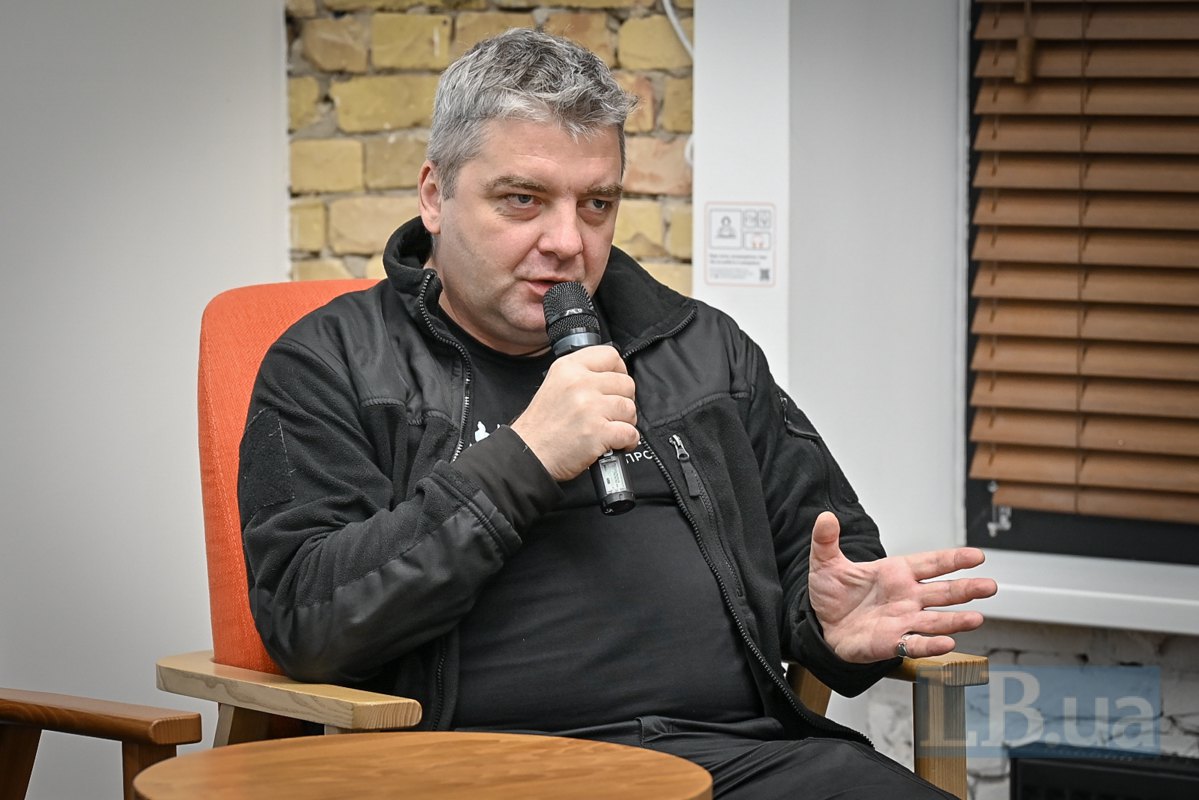
The longer our citizens, who are the largest group of refugees in Europe since World War II, stay there, the more people, especially young people, integrate, the more problems we will have in the future: both demographic and economic ones. Because we will have no one to earn money for social benefits and pensions for those who cannot work.
If we cannot guarantee the things we have been talking about, most of these people simply will not return. And we will have to do something about filling the budget. Of course, we can talk about migration and replacement, but again, who will come to us if there are no decent working and living conditions? Only those who are in a desperate situation?" said Maksym Butkevych.








